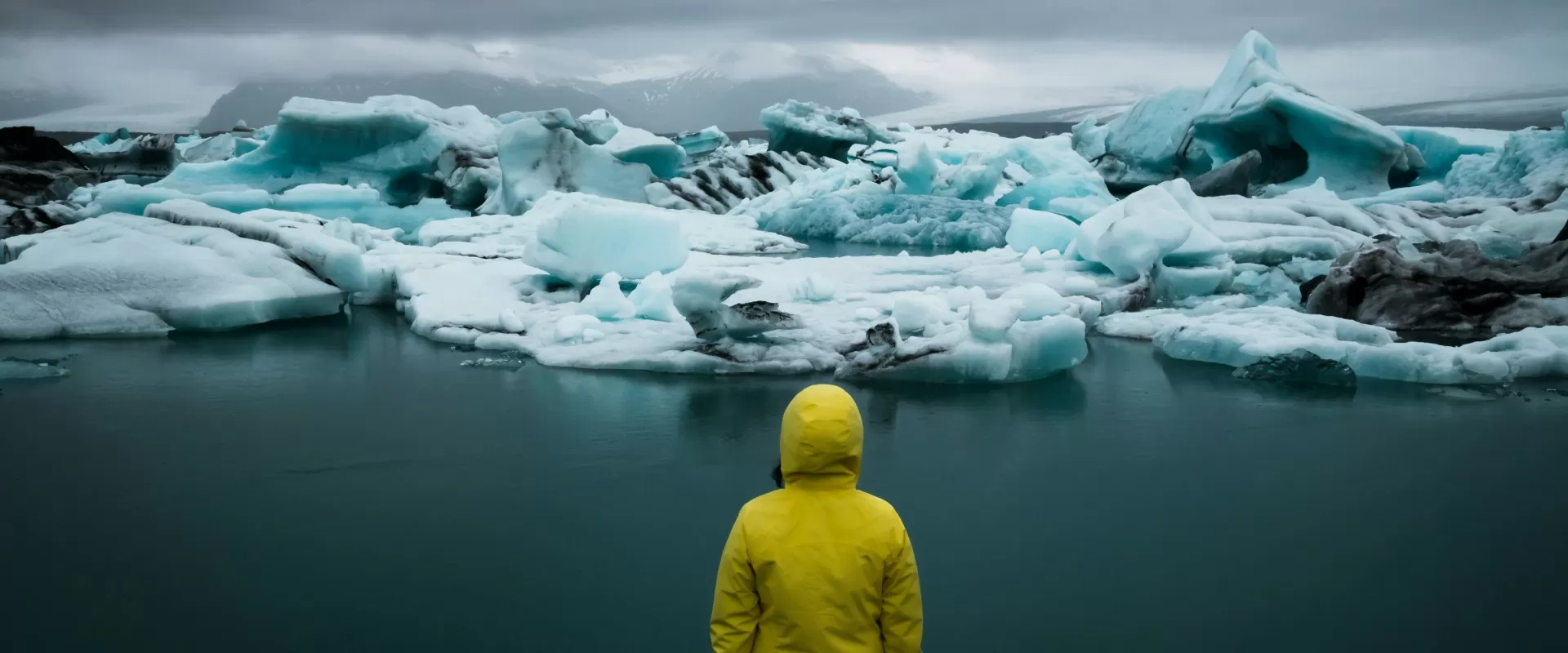In the July edition of The Evidence newsletter, journalist Josephine Lethbridge delves into a topic that is gaining more attention in the midst of the current climate crisis – climate anxiety. She explores why this phenomenon is more prevalent among women and how we can all learn to cope with it.
Climate anxiety is a real and valid response to the overwhelming and often terrifying information about the state of our planet. It is a form of distress that is experienced by individuals who are concerned about the effects of climate change and the lack of action being taken to address it. This anxiety can manifest in various ways, from feeling overwhelmed and hopeless to experiencing physical symptoms like heart palpitations and trouble sleeping.
So why do women feel more climate anxiety than men? There are a few key reasons that Lethbridge highlights in her article. First and foremost, women are more likely to be impacted by the effects of climate change. This is due to a number of factors, including economic and social inequalities that often affect women disproportionately. For example, women are more likely to live in poverty, making them more vulnerable to extreme weather events and natural disasters. They are also more likely to work in sectors that are heavily affected by climate change, such as agriculture and fisheries.
Additionally, women are often responsible for caring for their families and communities, which means they bear a heavy emotional burden when it comes to the wellbeing of their loved ones. The thought of a future where their children and grandchildren may have to face the devastating consequences of climate change can be overwhelming and anxiety-provoking.
Another factor that contributes to women’s higher levels of climate anxiety is the societal expectations and gender norms that are placed upon them. Women are often perceived as more nurturing and compassionate, which can lead them to take on the emotional burden of climate change. They are also more likely to be judged for their emotional responses, which can further exacerbate their anxiety.
But despite these challenges, it is important to remember that climate anxiety is normal and valid. It is a natural response to a very real and urgent issue. In fact, research has shown that experiencing this anxiety can actually motivate individuals to take action and make positive changes in their lives. So rather than trying to suppress or ignore these feelings, it is important to acknowledge and address them.
So how can we cope with climate anxiety? Lethbridge offers some helpful strategies in her article. First and foremost, she suggests cultivating a sense of community and support. This can be done by connecting with like-minded individuals who are also concerned about the state of our planet. By sharing our fears and concerns, we can find comfort and strength in knowing that we are not alone in this fight.
She also emphasizes the importance of taking action, no matter how small. Engaging in environmental activism or making lifestyle changes, such as reducing our carbon footprint, can give us a sense of control and purpose. It also allows us to be part of the solution rather than feeling helpless and overwhelmed.
Practicing self-care is also crucial in managing climate anxiety. This can include activities like spending time in nature, practicing mindfulness, and taking breaks from the news and social media. By taking care of our mental and emotional wellbeing, we can better cope with the anxiety and continue to be effective advocates for the planet.
In conclusion, climate anxiety is a normal response to the current state of our planet, and it is understandable that women may feel it more intensely. However, by acknowledging and addressing this anxiety, we can use it as a motivation to take action and make positive changes in our own lives and the world around us. So let us come together as a community, take care of ourselves, and continue to fight for a better future for ourselves and generations to come. As the famous environmentalist Jane Goodall once said, “What you do makes a difference, and you have to decide what kind of difference you want to make.” The choice is ours, and the time to act is now.

